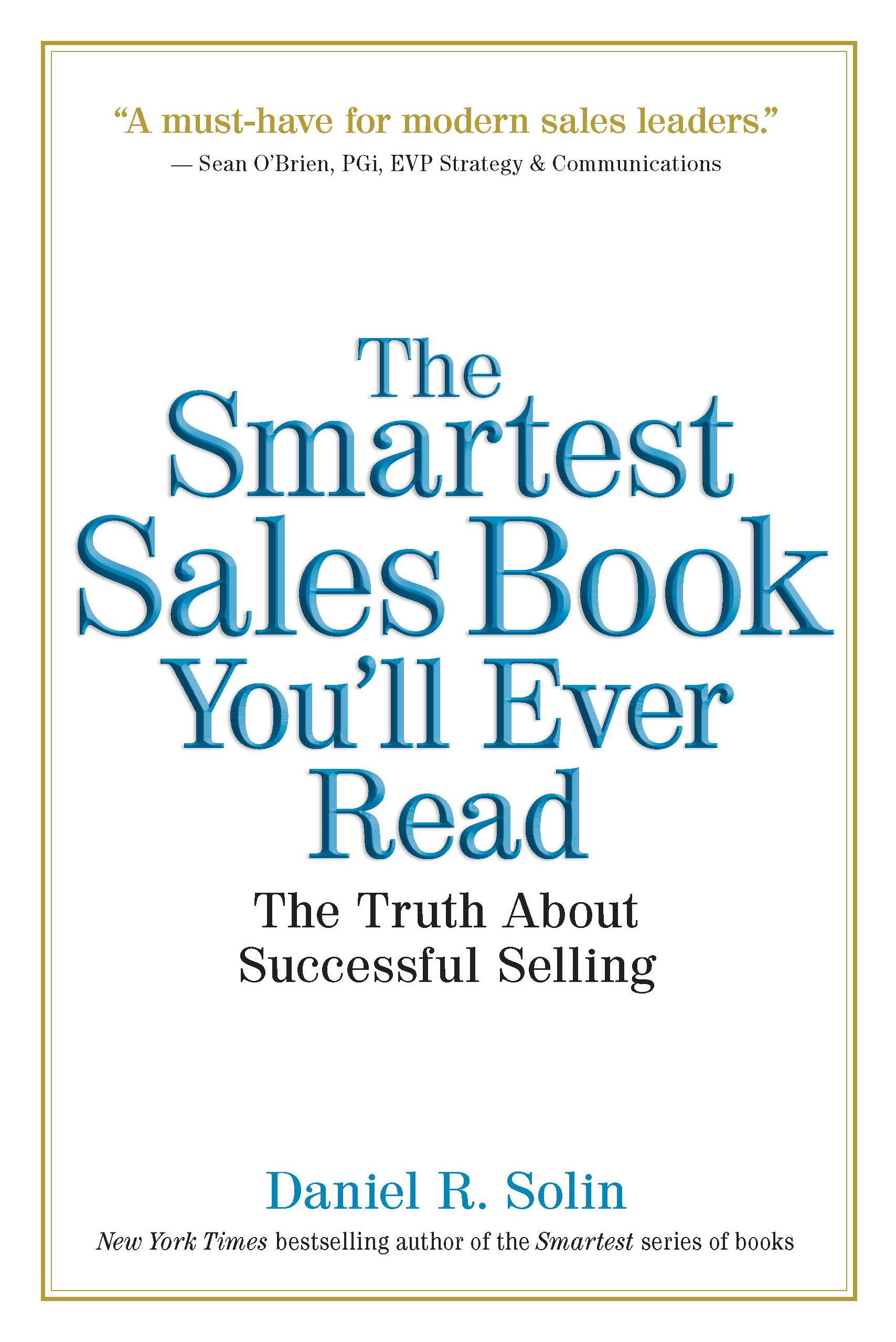MarketWatch recently conducted an interesting survey. In it, they asked four "robo-advisors" and four human advisors to recommend portfolios for the same hypothetical investor.
The investor is a "fictional, but perhaps typical," 35-year-old with an average tolerance for risk and average financial knowledge. He works a job that pays him an annual income of $46,000, and he has managed to save $40,000 for retirement. The robo-advisors in the survey were Schwab Intelligent Portfolios, Wealthfront, Betterment and FutureAdvisor. The human advisors were selected from XY Planning Network, Orr Financial Planning, the Garrett Planning Network and Buckingham Asset Management, with whom I am affiliated. I had no involvement with the survey.
The portfolios constructed by each of these advisors were then compared to a recommendation from the American Association of Individual Investors (AAII) for a portfolio with moderate risk. The AAII portfolio did not recommend specific funds. It was used as a benchmark.
While there were some differences in the portfolios each advisor recommended (some, for example, had a higher allocation to non-U.S. stocks than others), they were remarkably similar.
The portfolio recommended by Buckingham's Chief Investment Officer, Jared Kizer, was representative. It consisted of five Vanguard index funds. The domestic stock allocation, which was 42 percent of the total portfolio, was tilted toward small-cap value stocks, consistent with sound academic research. The allocation to international stocks was 28 percent of the total portfolio. The bond portion of the portfolio, which represented 30 percent of the overall portfolio, was divided equally between Vanguard's Intermediate-Term Treasury Fund and its Short-Term TIPS Index Fund.
Common denominators
I was struck by some common denominators in each of the recommended portfolios, whether they came from a robo or human advisor:
- Low-cost exchange-traded funds (ETFs) and index funds dominated all portfolios.
Perhaps more striking is what the advisors in this survey didn't include in their recommended portfolios:
- There were no annuities (of any kind).
The disconnect with most investors
While the advisors surveyed for this article seem to be in agreement about the benefits of indexing, the majority of Americans don't own even a single index fund. According to the Investment Company Institute, only 30 percent of households that held mutual funds in 2013 owned at least one index mutual fund. Compare this fact with the portfolios recommended by both the robo and human advisors, which were 100 percent index-based.
The benefit of the right advisor
You might conclude (erroneously) that since all the recommended portfolios in the survey were basically the same, there's no great difference in the quality of advice offered by advisors who recommend index-based portfolios. However, as Kizer correctly noted, the value of a human advisor "comes from personal interactions and helping clients respond to events." A competent human advisor is concerned about an investor's natural tendency to panic and sell when the market tanks. These human advisors counsel their clients to stick to a disciplined plan, view their holdings from a long-term perspective, rebalancing and harvest tax losses, when appropriate.
In addition, advisors who understand the real drivers of returns don't simply place their clients' portfolios in off-the-shelf index funds. It's important to note that the portfolio Kizer created for the hypothetical investor in this survey, which came with a very specific set of assumptions, doesn't much look like the ones Buckingham says it might typically recommend. That's for a number of key reasons.
Most importantly, while there's no doubt about the benefits of passive strategies (such as indexing) compared to active management (primarily lower expense ratios, lower trading costs, low risk of style drift, minimal cash drag and higher expected returns), conventional indexing does have some negatives.
As my colleague, Larry Swedroe, observed, investors may be better served by an advisor who can structure an evidence-based portfolio rather than simply replicate the returns of standard indexes. These "structured portfolios," however, do share many of the common features found in a conventional index portfolio. They do not depend stock picking, market timing or efforts to select outperforming fund managers. Structured portfolios are also globally diversified and focus on reducing expenses, keeping turnover low and minimizing taxes.
The primary difference between a structured portfolio and a traditional index fund portfolio is that a structured portfolio is designed to take advantage of academic, peer-reviewed research that explains the expected returns of a broadly diversified portfolio over the risk-free rate of return. In short, they include:
1. The percentage of your portfolio allocated to stocks.
2. The percentage of your portfolio allocated to small stocks.
3. The percentage of your portfolio allocated to value stocks.
4. The percentage of your portfolio allocated to stocks demonstrating expected profitability.
5. The percentage of your portfolio allocated to low-investment stocks.
I believe a great investment advisor should have the skill to structure portfolios taking these factors into account and act as a true wealth manager. The focus of such advisors is not simply on investing your money, but on every aspect of your financial life, including taxes, insurance, estate planning and charitable giving.
Don't be misled into believing that advisors (whether they are robo or human) are fungible. They aren't.
 Dan Solin is the director of investor advocacy for the BAM ALLIANCE and a wealth adviser with Buckingham. He is a New York Times bestselling author of the Smartest series of books. His latest book is The Smartest Sales Book You'll Ever Read.
Dan Solin is the director of investor advocacy for the BAM ALLIANCE and a wealth adviser with Buckingham. He is a New York Times bestselling author of the Smartest series of books. His latest book is The Smartest Sales Book You'll Ever Read.
The views of the author are his alone and may not represent the views of his affiliated firms. Any data, information and content on this blog is for information purposes only and should not be construed as an offer of advisory services.

